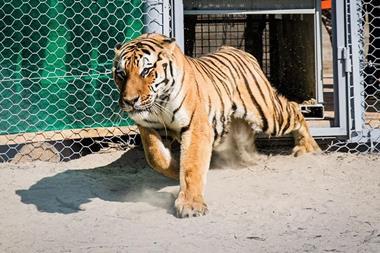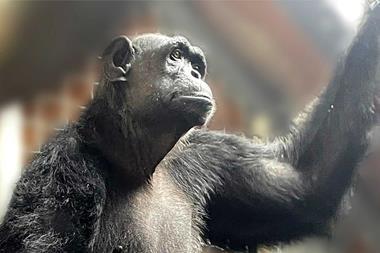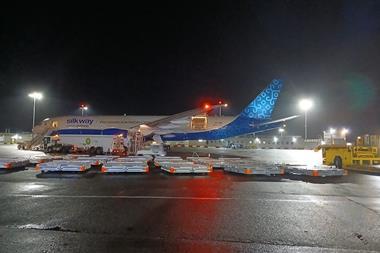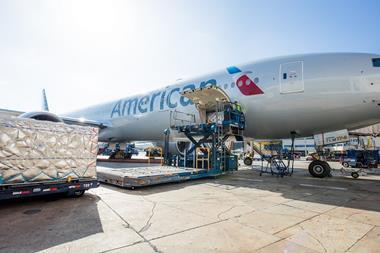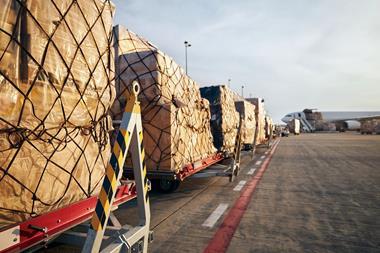The ARK at JFK – a 178,000 sq ft, $65m, 24/7 state-of-the-art animal reception terminal and the world’s first privately-owned animal airport handling and quarantine centre – will open its second phase in late June. Phase 2 includes the ARK Import-Export Center (IEC) featuring Equine Import Quarantine, and The ARK Aviary (both pending approval from the US Department of Agriculture).
The ARK’s Equine Import Quarantine will be the first of its kind in the US, with a specially designed trailer to move jet stalls directly into quarantine and state-of-the-art biosecurity technology and protocols, among other features.
“Designing the facilities, biosecurity protocols and oversight for both horses and birds has been a huge undertaking,” said Dr Linda Mittel of Cornell University College of Veterinary Medicine.
“Introduction of disease from outside of the US is a serious and real threat to our nation’s animals’ health and agriculture resources. The ARK has worked closely with the specialists at Cornell to assist in the design of these buildings, ranging from the impenetrable epoxy stall paint to the avian flight cages,” she added.
As regards the transportation of birds: “Currently, access to avian quarantine is only available at two entry ports in the US – JFK and Miami – since the Los Angeles facility at LAX is temporarily closed,” said Elizabeth Schuette, managing director of The ARK at JFK. “The ARK included the aviary quarantine module to address the needs of shippers servicing the JFK community.”
The ARK Aviary will handle pet, commercial and in-transit birds and includes a suite of three individual specialised rooms, isolettes for pet birds, and a bird swimming pool for water-loving commercial and zoo birds.
Phase 1 of The ARK at JFK – The ARK Pet Oasis and Equine Export Center – opened on 2 January this year. Phase 3 services, operated by sub-tenants, will open this Autumn and will include a long-term pet boarding facility and 24/7 veterinary clinic.
Regulatory agencies including Centers for Disease Control and Prevention, the US Department of Agriculture’s Animal and Plant Health Inspection Services, the Transportation Security Administration, the New York State Department of Health, and The Port Authority of New York and New Jersey are among those involved in the approval process, Mittel confirmed.






